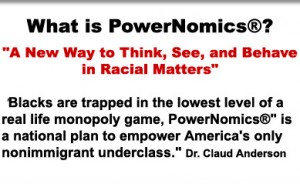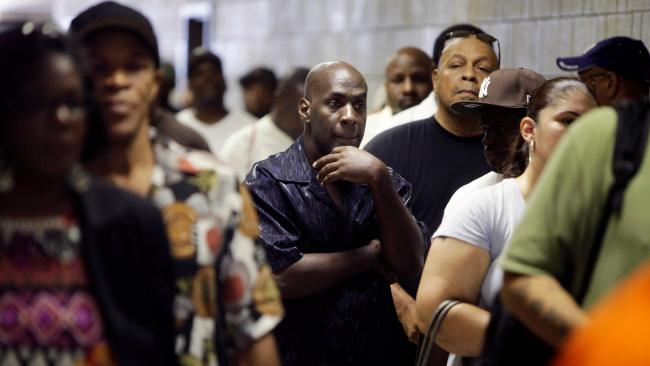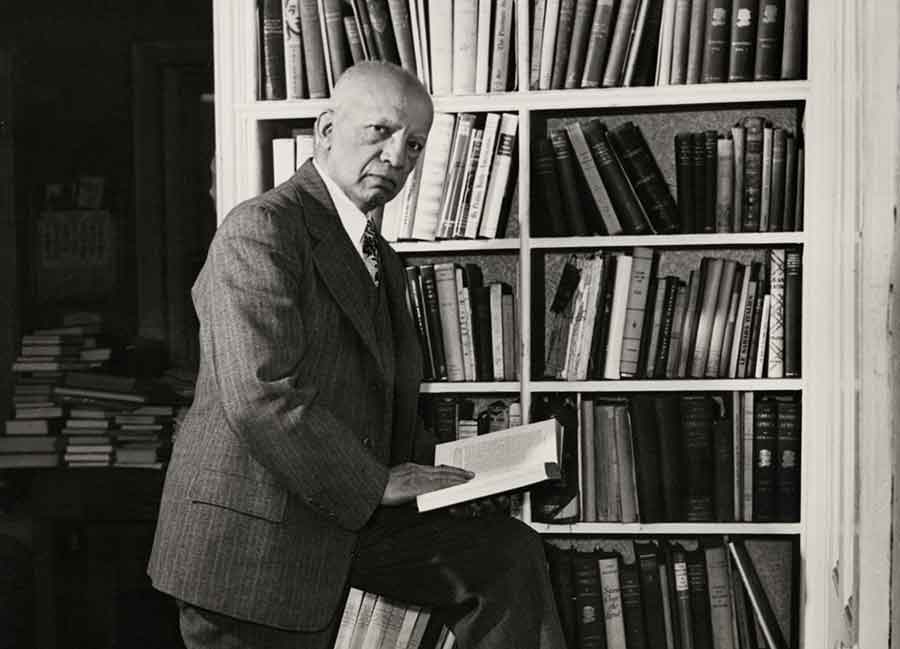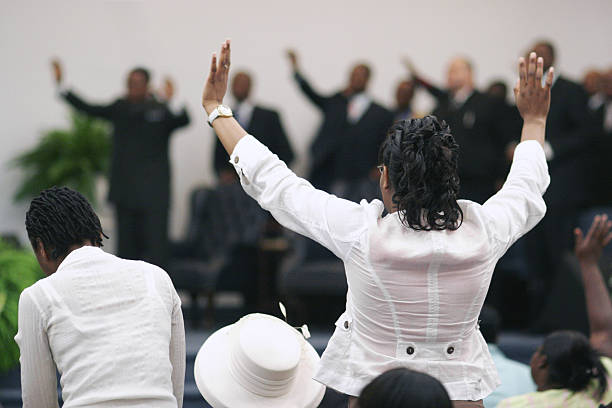(ThyBlackMan.com) African Americans are a major force to be reckoned with in today’s economy, especially when it comes to how much they pour into it. Estimates put it at about 1 trillion dollars annually and perhaps more. Any business, regardless of the type, would be wise to find out what drives African American’s spending habits. And for any businesses that are not making the most out of catering to this segment of the population, they do so at their own economic peril. Blacks themselves must get beyond the misguided notion that we are primarily consumers of others goods and services; nothing could be farther from the truth, however, when African-Americans make money, we spend it. We don’t use it to invest or produce; as we should. With a buying power of nearly 1 trillion annually, if Blacks were a country, they’d be the 16th largest country in the world.
The business community must consciously understand the three things that propel African Americans and their spending habits. This information was published recently by the research arm of Terkat Consultants Inc; Stanley G Buford, President. Blacks make more shopping trips than all other demographics, but spend less money, on average per trip. Blacks in higher income groups, also spend 300 percent more with “high end” retail grocers more than any other high-income household. Savvy retailors must first ask, what is the nature of their purchases? Second, what is trending with them at any given time? And finally, what attracts them. We will get into them in the order just listed.
published recently by the research arm of Terkat Consultants Inc; Stanley G Buford, President. Blacks make more shopping trips than all other demographics, but spend less money, on average per trip. Blacks in higher income groups, also spend 300 percent more with “high end” retail grocers more than any other high-income household. Savvy retailors must first ask, what is the nature of their purchases? Second, what is trending with them at any given time? And finally, what attracts them. We will get into them in the order just listed.
Actually, the nature of their purchases pretty much mirrors other ethnicities, with a few exceptions; those obviously being products or services that are geared specifically to African Americans. For example, the top purchase is food, which should come as no surprise as everyone has to eat. Next up on the list is apparel followed by health care and household furnishings. However, even those pale in comparison to the top category – housing. The civil rights era is largely responsible for gains in this area.
Perhaps just as important (if not more) is knowing what Blacks purchasing trends are. Obviously these change over time so it is wise to know what is popular and driving sales at any given point in time. One thing that the Terkat research data has found is that Blacks tend to overwhelmingly prefer purchasing products and services that are advertised in Black media.
African Americans who are in the Baby Boomer demographic spend significant time at stores and supermarkets, frequent fast food establishments and health clubs. They also prefer their sources of media to be by way of print and television over the internet. Not surprisingly, those in the Generation Y category chose game consoles, smart phones and Black radio stations as their primary form of media.
Now for what attracts African American buyers; well, it’s obvious from the previous stats that advertising in Black media helps. Also, African Americans tend to purchase from companies who feature Blacks in their advertising campaigns. Another thing to do is find out who is the most successful when it comes to attracting Blacks and their enormous purchasing power and taking cues from them.
African Americans are also attracted to companies and their products that have testimonials of happy African American customers who extol their virtues and recommend them to other people, black or otherwise. Businesses that contribute to and play a part in the black community are also found to be attractive to African Americans. Two of the biggest and most successful examples of this are Toyota and Procter & Gamble.
Staff Writer; Stanley G. Buford
Feel free to connect with this brother via Twitter; Stanley G. and also facebook http://www.facebook.com/sgbuford.

















Please site your sources. This much of this data has been lifted line by line from the Nielson State of Black Consumers Report.
I’m creating an organization that solves the problem of unemployment, investing, and funding new and successful programs that are already working in the community to solve the other problems we have. For more information, click on my name.
Black Unity means financial independence and happiness
$1 Trillion in spending, no doubt is enough to change things. What is more important is how that money is spent. The notion that we are primarily consumers is true, real and should be to directed for our benefit. If the major food companies barred us form their stores, would we starve or would we set up our own food system. We have Black farmers who can’t a bank loan,Black food process workers, Black long-haul truck drivers, warehouse workers along with butchers, bakers, grocery store managers and plenty Blacks with money to spend. What say you Economics major researcher, author and proud African American.
o invest or produce;
Blacks in higher income groups, also spend 300 percent more with “high end” retail grocers
Businesses that contribute to and play a part in the black community are also found to be attractive to African Americans. Two of the biggest and most successful examples of this are Toyota and Procter & Gamble.
@Stanley
Unfortunately you appear to be a highly misinformed black man, I would suggest for you to read material written by Dr. Claude Anderson and Dr. Jim Clingman both are noted experts in economics and black economic development. And another thing that would help is that you should not become so emotional when you are called out on facts. Good luck.
Realman: (If that is your real name) You have a problem with reality! Your racist views have clouded your perception and forced you to see the glass half empty. The premise here in the article is that Blacks are a force to be reckoned with in the era of 21st century buying power. I say that from the perspective of an Economics major; researcher, author and proud African American. May the grace of God allow your racist views to be seen within the context in which they were given.
Black Americans have money but they just don’t have good sense, they waste all their income with other racial groups and basically ignore their own.
I also disagree with the author’s statement that it is only a notion that blacks are misguided consumers, well it’s a proven fact that 99.9% of blacks are completely misguided and ignorant about economics and financial matters. I would the author to provided concrete real/accurate research findings to support his claims.